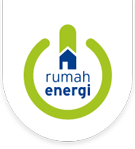Wanakerta Village Prepares Action Plan to Tackle Water Crisis Through Capacity-Building Forum
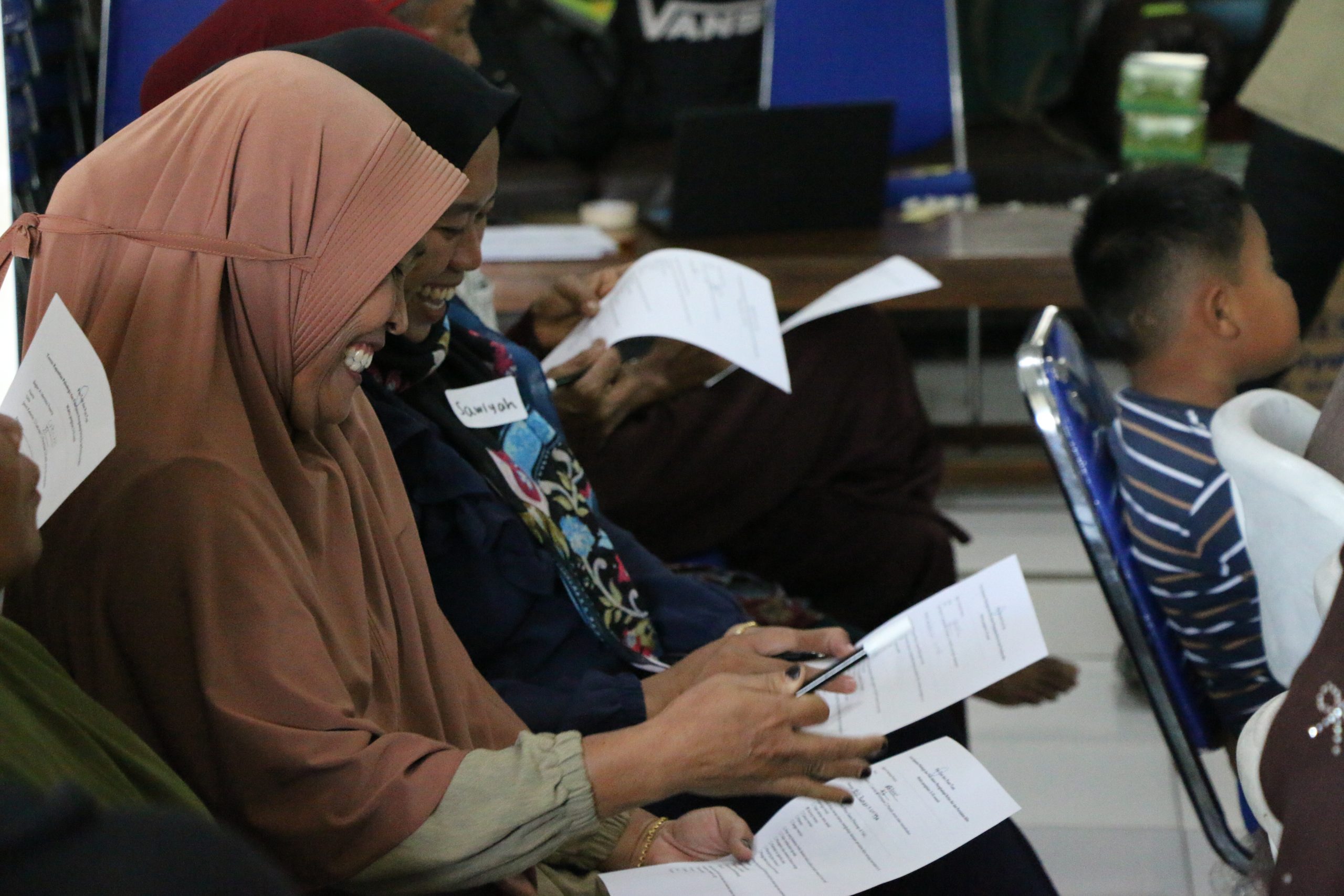
The climate crisis, with its profound impact on water security, is becoming increasingly evident across Indonesia—including in Wanakerta Village. To respond to these challenges, Rumah Energi initiated a capacity-building forum through a series of conservation modules. This program was designed to equip local communities with knowledge, skills, and collective action plans to strengthen their resilience in the face of water scarcity.
The training consisted of three modules. The first module focused on raising community awareness about the climate and water crisis. The second explored community capacity, capabilities, and opportunities. The third facilitated the development of collective action plans to address water-related issues in a sustainable manner.
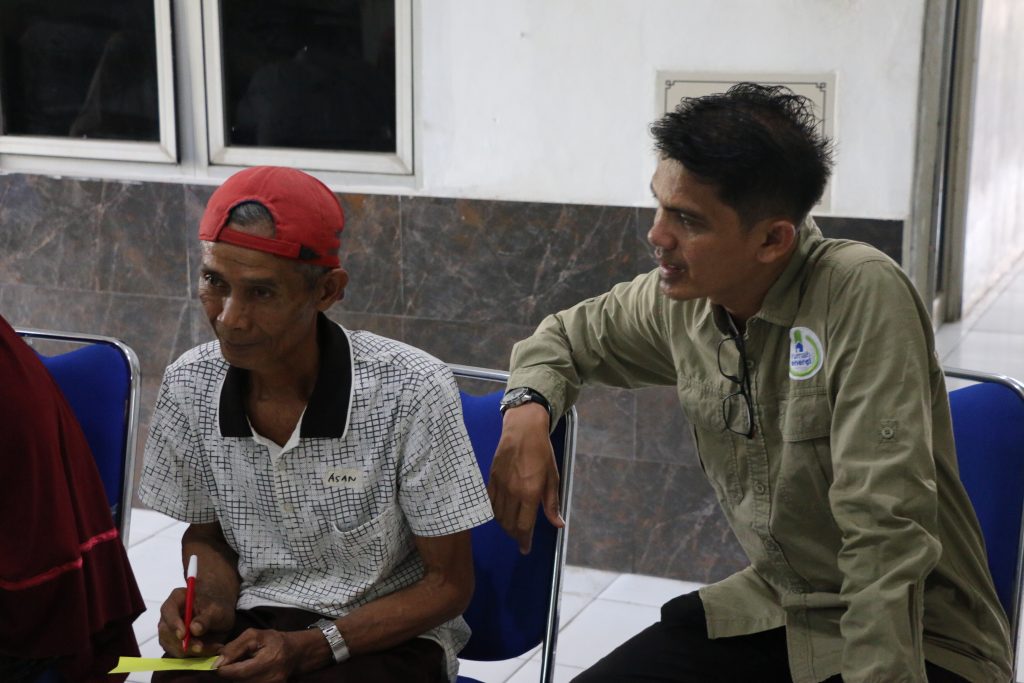
During the forum, it became clear that Wanakerta residents already demonstrated strong awareness of the importance of sustainable water management. Through a Community Mapping process, participants identified both drivers and barriers related to their abilities, opportunities, and motivations for adopting water-conserving behaviors.
From a capability standpoint, easy access to information about the water crisis has been a key strength. However, high costs during periods of crisis remain a major challenge. In terms of opportunities, the community’s past experiences receiving support from NGOs, government institutions, and external leaders—as well as their strong social capital—have been important enablers. Still, most of the assistance provided to date has been emergency-based, and alternative water sources often lack quality and reliability.
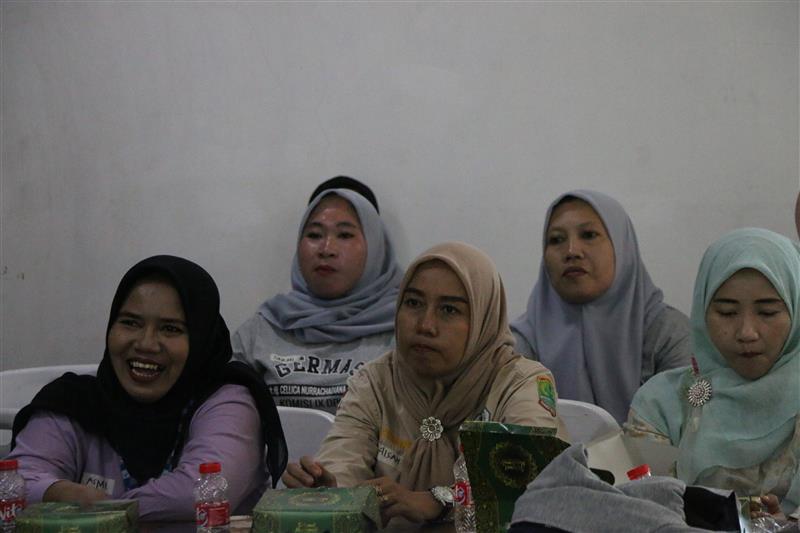
Community motivation has also grown, driven by a collective willingness to report problems to village authorities and community leaders, as well as by the urgent need for clean water. On the other hand, several barriers remain, including myths that rainwater can cause illness, doubts about securing funding for proposals, and limited land for shared facilities.
Despite these challenges, the forum resulted in a set of concrete community-driven action plans. These include constructing rainwater harvesting systems, promoting water-saving practices, implementing infiltration initiatives, and introducing complementary efforts such as well filters and sustainable waste management.
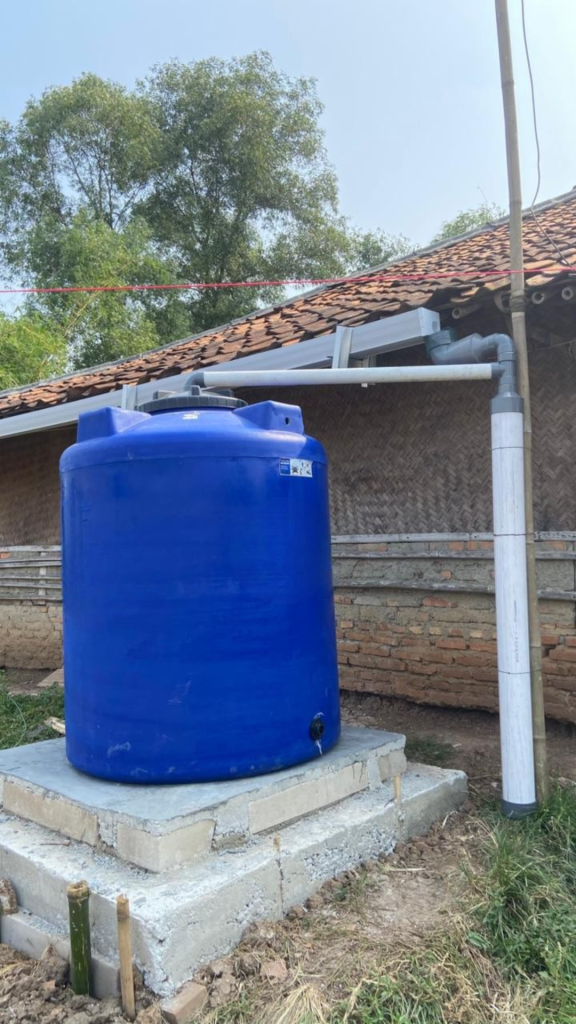
The success of these plans will rely heavily on cross-sector collaboration—involving village authorities, companies through CSR programs, partner organizations, and the active participation of the community itself. With strong cooperation, Wanakerta Village is taking meaningful steps to confront the climate crisis and safeguard water security for future generations.
Written by : Rumah Energi Water Conservation Team
Edited : Fauzan Ramadhan
